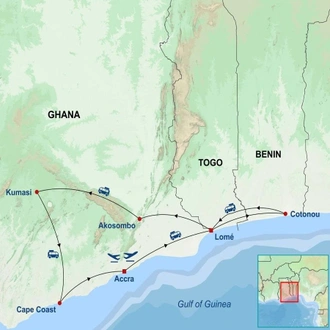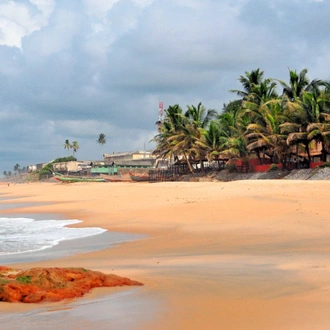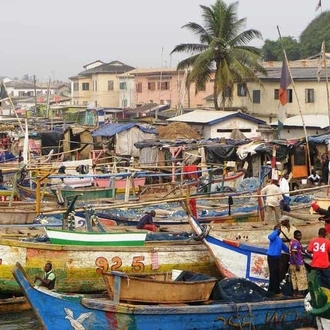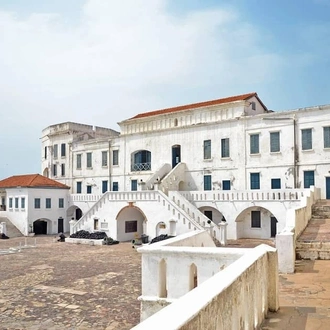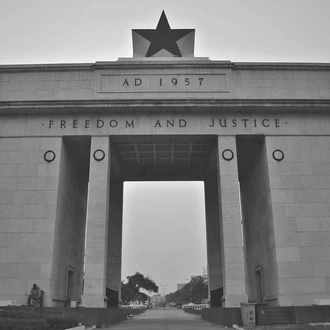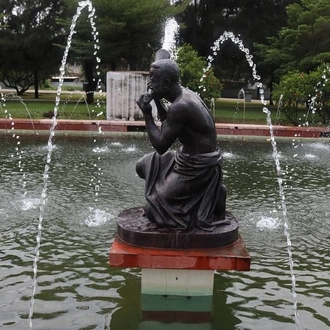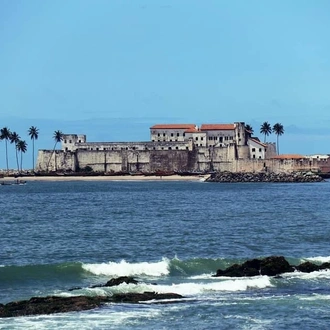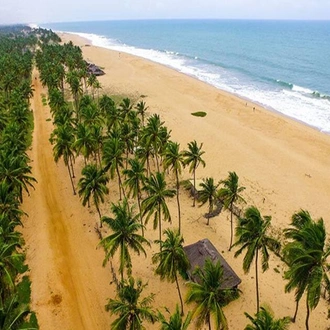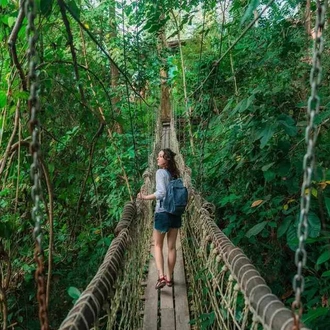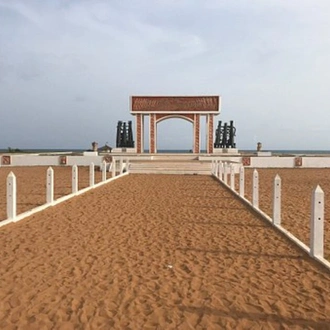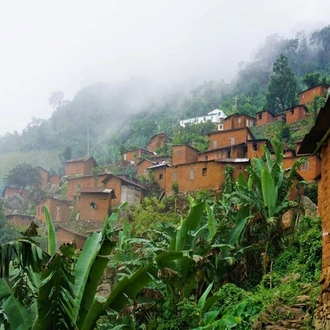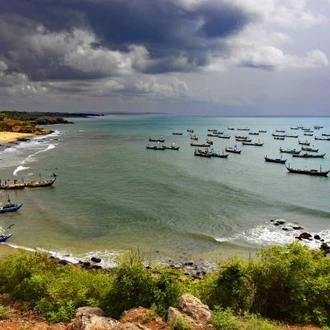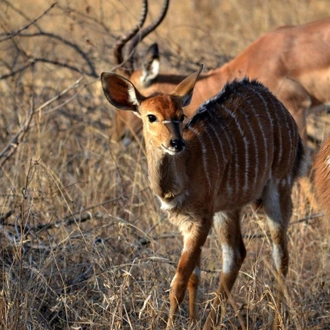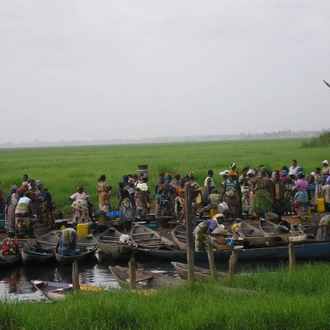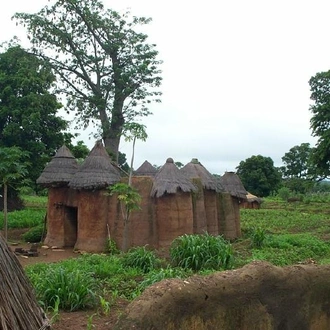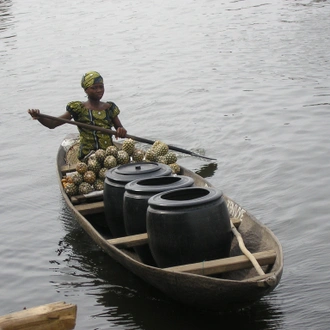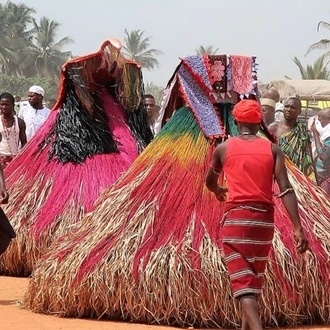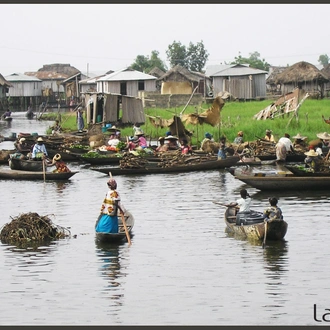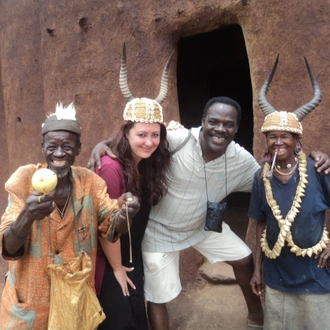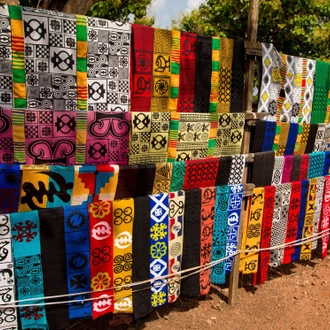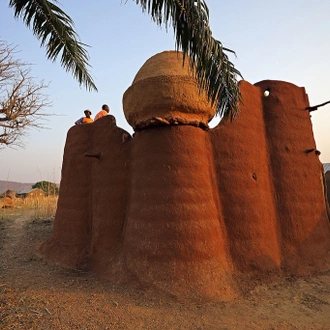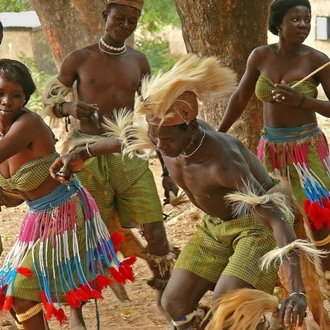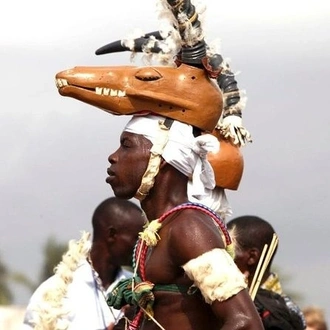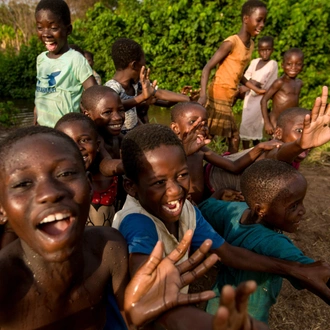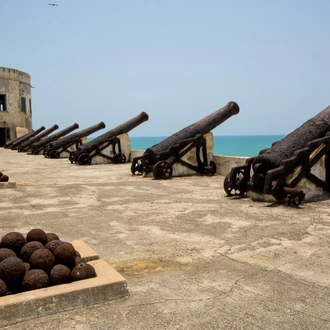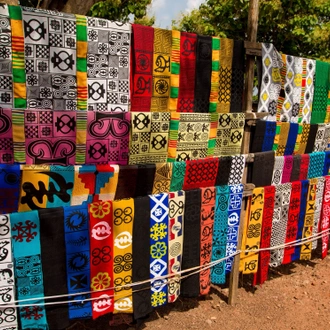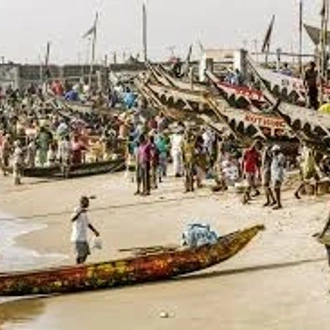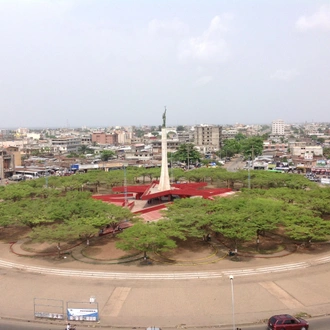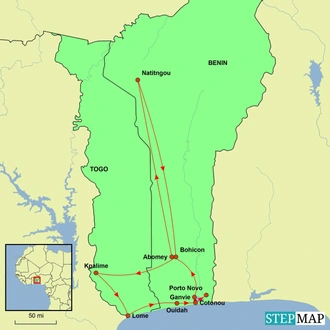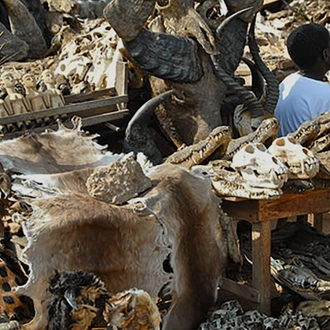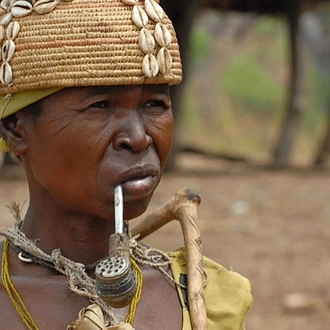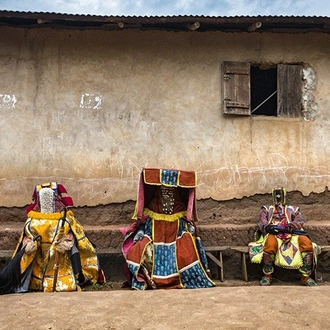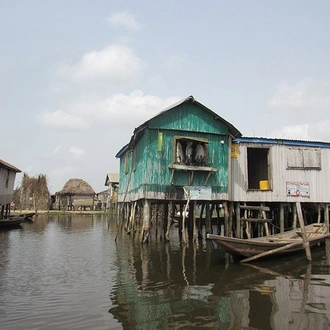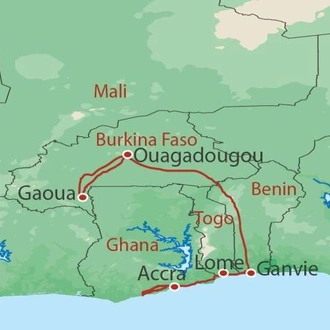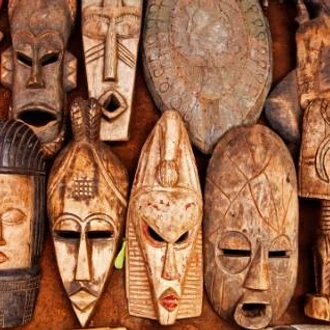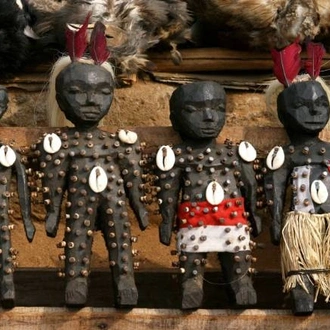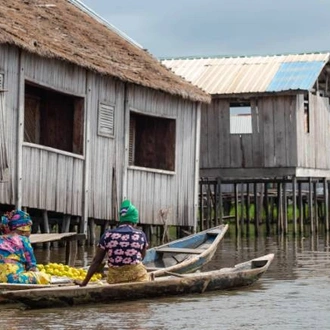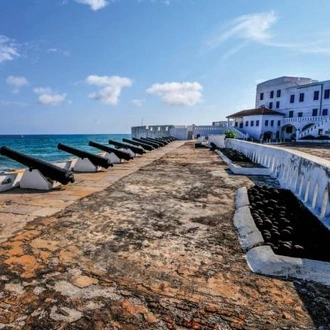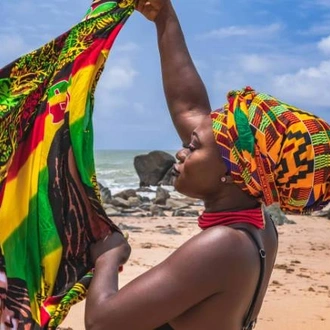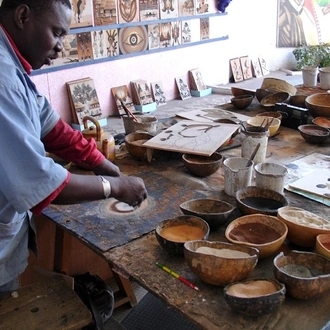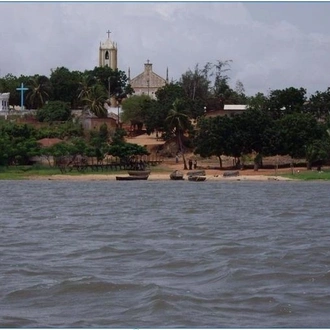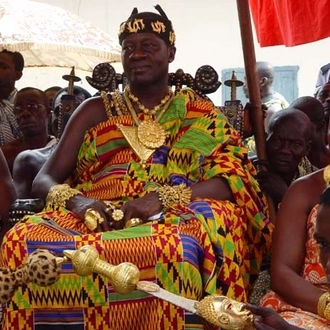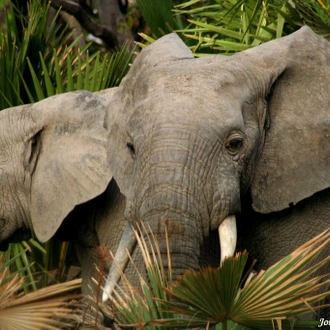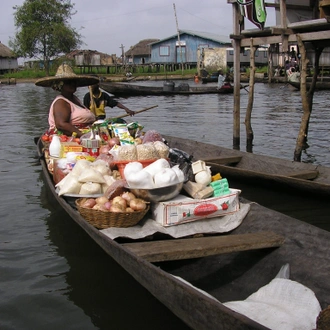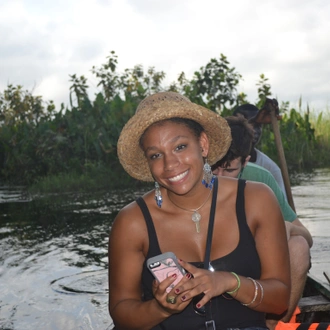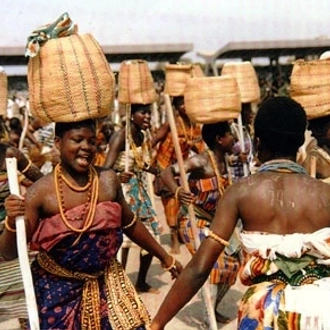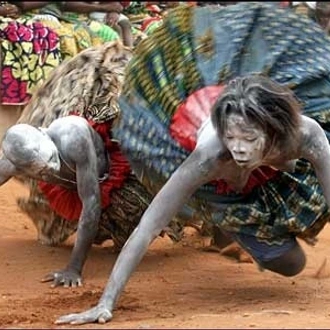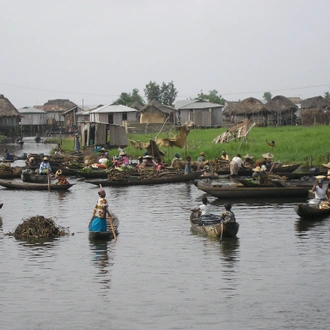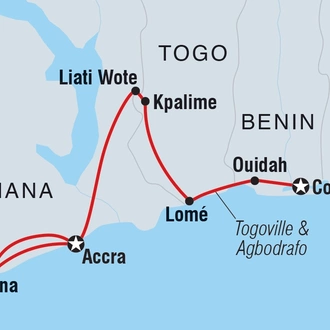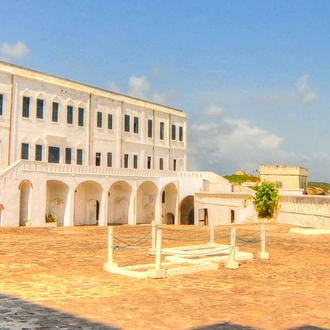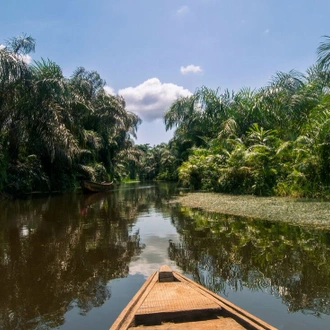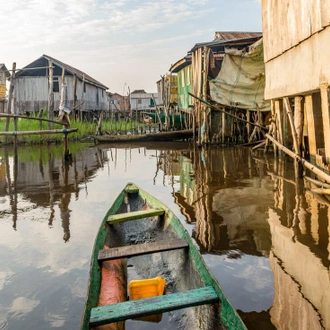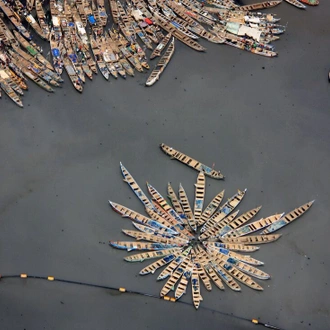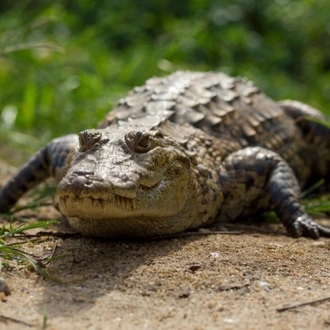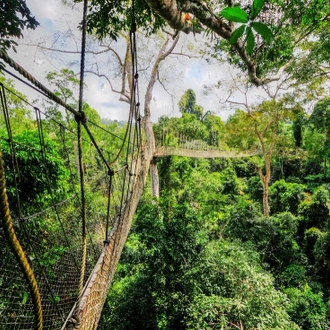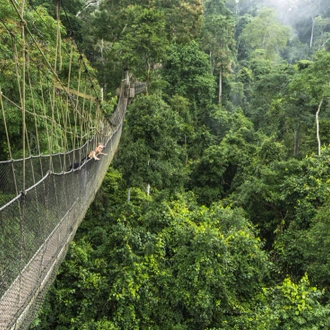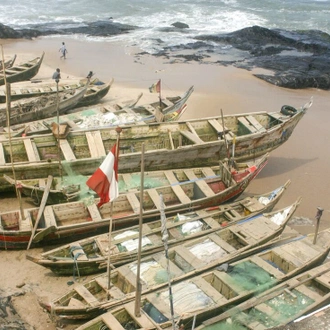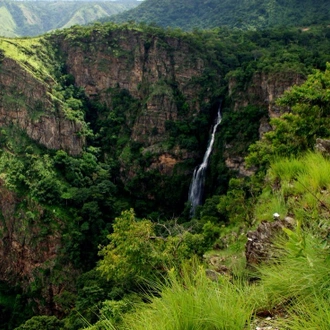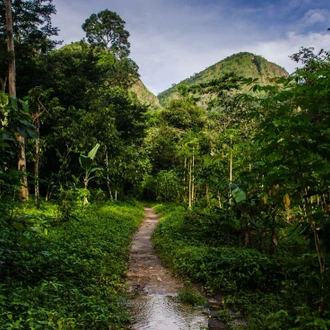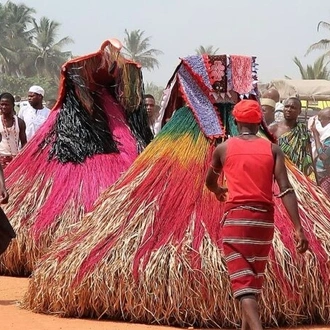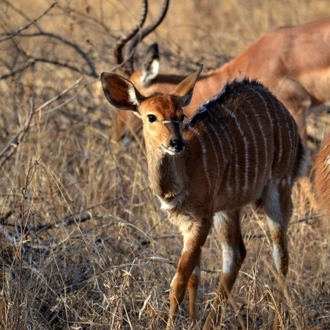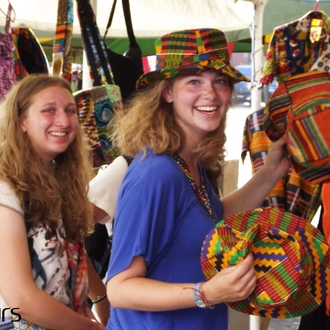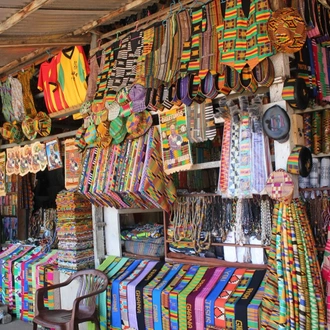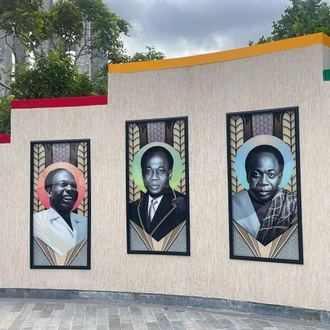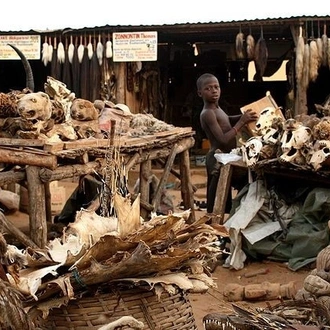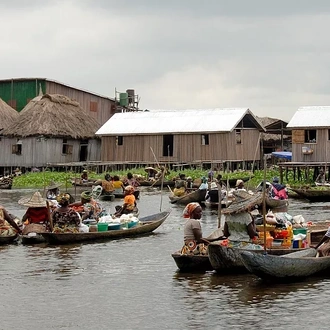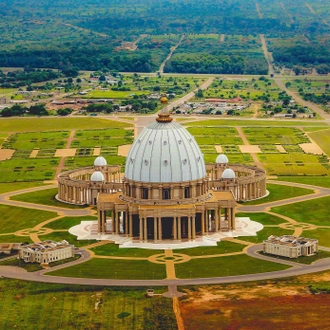- Togo & Benin: Voodoo Explorer
- Similar Tours
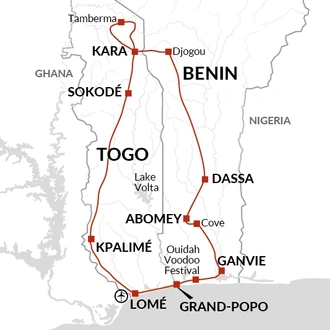
13 Nights
$3950
$3670
7% off
We know we’ve got one of the best loyalty programmes in the business. While many of our competitors have scrapped their loyalty programme, ours has only got bigger and better. And that’s great for our loyal customers, but then they already know how great we are ;). We’re so sure you’ll love our trips that we really REALLY want you to try them. Could it be time to break up with your travel company? Book your next trip with Explore and we’ll reward your previous loyalty – even if it wasn’t to us.
Competitor list: Exodus Travels, G Adventures, HF Holidays, Intrepid Travels, Jules Verne, KE Adventures, Mountain Kingdoms, On The Go Tours, Only You, Peregrine, Ramblers, Riviera, Saddle Skedaddle, Solos, Travelsphere, Trek, Undiscovered Destinations, Walks Worldwide, Wendy Wu, Wild Frontiers, World Expeditions
What you'll get when you switch to Explore!
Silver: 2 or 3 Trips with a Single Competitor - 5% off your booking
Gold: 4-8 Trips with a Single Competitor - 7% off your booking
Platinum: 9 or more Trips with a Single Competitir - 10% off your booking
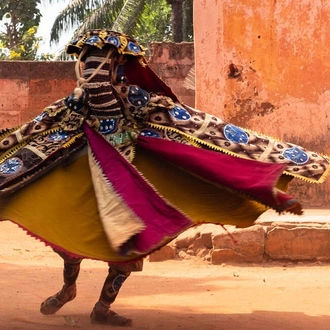
13 Nights
$3950
$3670
7% off
We know we’ve got one of the best loyalty programmes in the business. While many of our competitors have scrapped their loyalty programme, ours has only got bigger and better. And that’s great for our loyal customers, but then they already know how great we are ;). We’re so sure you’ll love our trips that we really REALLY want you to try them. Could it be time to break up with your travel company? Book your next trip with Explore and we’ll reward your previous loyalty – even if it wasn’t to us.
Competitor list: Exodus Travels, G Adventures, HF Holidays, Intrepid Travels, Jules Verne, KE Adventures, Mountain Kingdoms, On The Go Tours, Only You, Peregrine, Ramblers, Riviera, Saddle Skedaddle, Solos, Travelsphere, Trek, Undiscovered Destinations, Walks Worldwide, Wendy Wu, Wild Frontiers, World Expeditions
What you'll get when you switch to Explore!
Silver: 2 or 3 Trips with a Single Competitor - 5% off your booking
Gold: 4-8 Trips with a Single Competitor - 7% off your booking
Platinum: 9 or more Trips with a Single Competitir - 10% off your booking
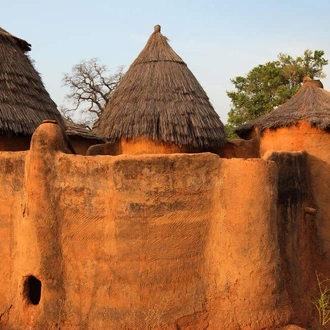
13 Nights
$3950
$3670
7% off
We know we’ve got one of the best loyalty programmes in the business. While many of our competitors have scrapped their loyalty programme, ours has only got bigger and better. And that’s great for our loyal customers, but then they already know how great we are ;). We’re so sure you’ll love our trips that we really REALLY want you to try them. Could it be time to break up with your travel company? Book your next trip with Explore and we’ll reward your previous loyalty – even if it wasn’t to us.
Competitor list: Exodus Travels, G Adventures, HF Holidays, Intrepid Travels, Jules Verne, KE Adventures, Mountain Kingdoms, On The Go Tours, Only You, Peregrine, Ramblers, Riviera, Saddle Skedaddle, Solos, Travelsphere, Trek, Undiscovered Destinations, Walks Worldwide, Wendy Wu, Wild Frontiers, World Expeditions
What you'll get when you switch to Explore!
Silver: 2 or 3 Trips with a Single Competitor - 5% off your booking
Gold: 4-8 Trips with a Single Competitor - 7% off your booking
Platinum: 9 or more Trips with a Single Competitir - 10% off your booking
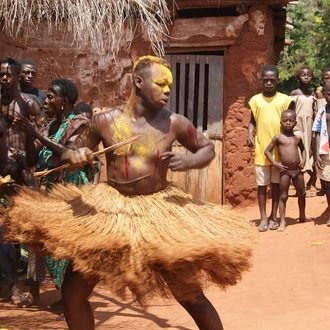
13 Nights
$3950
$3670
7% off
We know we’ve got one of the best loyalty programmes in the business. While many of our competitors have scrapped their loyalty programme, ours has only got bigger and better. And that’s great for our loyal customers, but then they already know how great we are ;). We’re so sure you’ll love our trips that we really REALLY want you to try them. Could it be time to break up with your travel company? Book your next trip with Explore and we’ll reward your previous loyalty – even if it wasn’t to us.
Competitor list: Exodus Travels, G Adventures, HF Holidays, Intrepid Travels, Jules Verne, KE Adventures, Mountain Kingdoms, On The Go Tours, Only You, Peregrine, Ramblers, Riviera, Saddle Skedaddle, Solos, Travelsphere, Trek, Undiscovered Destinations, Walks Worldwide, Wendy Wu, Wild Frontiers, World Expeditions
What you'll get when you switch to Explore!
Silver: 2 or 3 Trips with a Single Competitor - 5% off your booking
Gold: 4-8 Trips with a Single Competitor - 7% off your booking
Platinum: 9 or more Trips with a Single Competitir - 10% off your booking
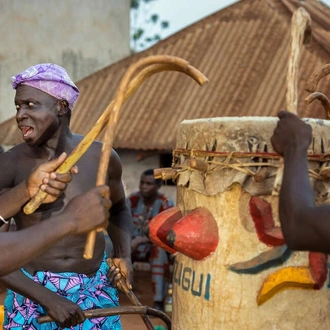
13 Nights
$3950
$3670
7% off
We know we’ve got one of the best loyalty programmes in the business. While many of our competitors have scrapped their loyalty programme, ours has only got bigger and better. And that’s great for our loyal customers, but then they already know how great we are ;). We’re so sure you’ll love our trips that we really REALLY want you to try them. Could it be time to break up with your travel company? Book your next trip with Explore and we’ll reward your previous loyalty – even if it wasn’t to us.
Competitor list: Exodus Travels, G Adventures, HF Holidays, Intrepid Travels, Jules Verne, KE Adventures, Mountain Kingdoms, On The Go Tours, Only You, Peregrine, Ramblers, Riviera, Saddle Skedaddle, Solos, Travelsphere, Trek, Undiscovered Destinations, Walks Worldwide, Wendy Wu, Wild Frontiers, World Expeditions
What you'll get when you switch to Explore!
Silver: 2 or 3 Trips with a Single Competitor - 5% off your booking
Gold: 4-8 Trips with a Single Competitor - 7% off your booking
Platinum: 9 or more Trips with a Single Competitir - 10% off your booking
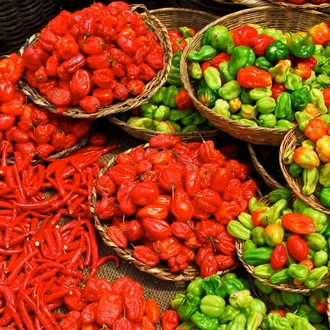
13 Nights
$3950
$3670
7% off
We know we’ve got one of the best loyalty programmes in the business. While many of our competitors have scrapped their loyalty programme, ours has only got bigger and better. And that’s great for our loyal customers, but then they already know how great we are ;). We’re so sure you’ll love our trips that we really REALLY want you to try them. Could it be time to break up with your travel company? Book your next trip with Explore and we’ll reward your previous loyalty – even if it wasn’t to us.
Competitor list: Exodus Travels, G Adventures, HF Holidays, Intrepid Travels, Jules Verne, KE Adventures, Mountain Kingdoms, On The Go Tours, Only You, Peregrine, Ramblers, Riviera, Saddle Skedaddle, Solos, Travelsphere, Trek, Undiscovered Destinations, Walks Worldwide, Wendy Wu, Wild Frontiers, World Expeditions
What you'll get when you switch to Explore!
Silver: 2 or 3 Trips with a Single Competitor - 5% off your booking
Gold: 4-8 Trips with a Single Competitor - 7% off your booking
Platinum: 9 or more Trips with a Single Competitir - 10% off your booking
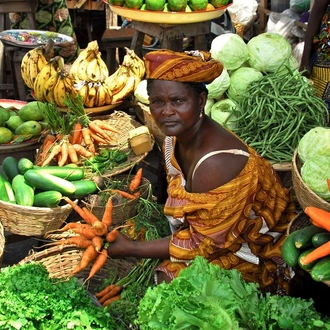
13 Nights
$3950
$3670
7% off
We know we’ve got one of the best loyalty programmes in the business. While many of our competitors have scrapped their loyalty programme, ours has only got bigger and better. And that’s great for our loyal customers, but then they already know how great we are ;). We’re so sure you’ll love our trips that we really REALLY want you to try them. Could it be time to break up with your travel company? Book your next trip with Explore and we’ll reward your previous loyalty – even if it wasn’t to us.
Competitor list: Exodus Travels, G Adventures, HF Holidays, Intrepid Travels, Jules Verne, KE Adventures, Mountain Kingdoms, On The Go Tours, Only You, Peregrine, Ramblers, Riviera, Saddle Skedaddle, Solos, Travelsphere, Trek, Undiscovered Destinations, Walks Worldwide, Wendy Wu, Wild Frontiers, World Expeditions
What you'll get when you switch to Explore!
Silver: 2 or 3 Trips with a Single Competitor - 5% off your booking
Gold: 4-8 Trips with a Single Competitor - 7% off your booking
Platinum: 9 or more Trips with a Single Competitir - 10% off your booking
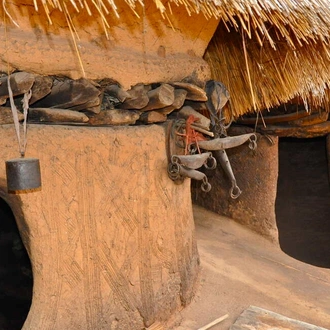
13 Nights
$3950
$3670
7% off
We know we’ve got one of the best loyalty programmes in the business. While many of our competitors have scrapped their loyalty programme, ours has only got bigger and better. And that’s great for our loyal customers, but then they already know how great we are ;). We’re so sure you’ll love our trips that we really REALLY want you to try them. Could it be time to break up with your travel company? Book your next trip with Explore and we’ll reward your previous loyalty – even if it wasn’t to us.
Competitor list: Exodus Travels, G Adventures, HF Holidays, Intrepid Travels, Jules Verne, KE Adventures, Mountain Kingdoms, On The Go Tours, Only You, Peregrine, Ramblers, Riviera, Saddle Skedaddle, Solos, Travelsphere, Trek, Undiscovered Destinations, Walks Worldwide, Wendy Wu, Wild Frontiers, World Expeditions
What you'll get when you switch to Explore!
Silver: 2 or 3 Trips with a Single Competitor - 5% off your booking
Gold: 4-8 Trips with a Single Competitor - 7% off your booking
Platinum: 9 or more Trips with a Single Competitir - 10% off your booking
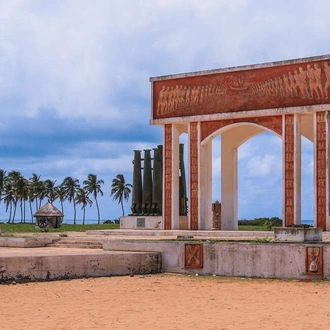
13 Nights
$3950
$3670
7% off
We know we’ve got one of the best loyalty programmes in the business. While many of our competitors have scrapped their loyalty programme, ours has only got bigger and better. And that’s great for our loyal customers, but then they already know how great we are ;). We’re so sure you’ll love our trips that we really REALLY want you to try them. Could it be time to break up with your travel company? Book your next trip with Explore and we’ll reward your previous loyalty – even if it wasn’t to us.
Competitor list: Exodus Travels, G Adventures, HF Holidays, Intrepid Travels, Jules Verne, KE Adventures, Mountain Kingdoms, On The Go Tours, Only You, Peregrine, Ramblers, Riviera, Saddle Skedaddle, Solos, Travelsphere, Trek, Undiscovered Destinations, Walks Worldwide, Wendy Wu, Wild Frontiers, World Expeditions
What you'll get when you switch to Explore!
Silver: 2 or 3 Trips with a Single Competitor - 5% off your booking
Gold: 4-8 Trips with a Single Competitor - 7% off your booking
Platinum: 9 or more Trips with a Single Competitir - 10% off your booking
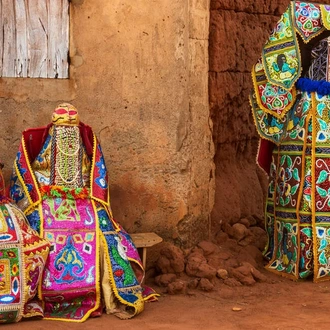
13 Nights
$3950
$3670
7% off
We know we’ve got one of the best loyalty programmes in the business. While many of our competitors have scrapped their loyalty programme, ours has only got bigger and better. And that’s great for our loyal customers, but then they already know how great we are ;). We’re so sure you’ll love our trips that we really REALLY want you to try them. Could it be time to break up with your travel company? Book your next trip with Explore and we’ll reward your previous loyalty – even if it wasn’t to us.
Competitor list: Exodus Travels, G Adventures, HF Holidays, Intrepid Travels, Jules Verne, KE Adventures, Mountain Kingdoms, On The Go Tours, Only You, Peregrine, Ramblers, Riviera, Saddle Skedaddle, Solos, Travelsphere, Trek, Undiscovered Destinations, Walks Worldwide, Wendy Wu, Wild Frontiers, World Expeditions
What you'll get when you switch to Explore!
Silver: 2 or 3 Trips with a Single Competitor - 5% off your booking
Gold: 4-8 Trips with a Single Competitor - 7% off your booking
Platinum: 9 or more Trips with a Single Competitir - 10% off your booking
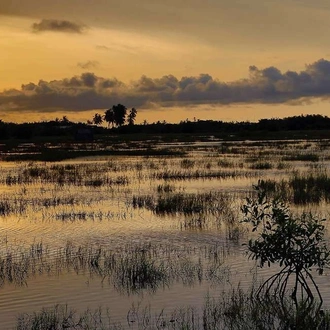
13 Nights
$3950
$3670
7% off
We know we’ve got one of the best loyalty programmes in the business. While many of our competitors have scrapped their loyalty programme, ours has only got bigger and better. And that’s great for our loyal customers, but then they already know how great we are ;). We’re so sure you’ll love our trips that we really REALLY want you to try them. Could it be time to break up with your travel company? Book your next trip with Explore and we’ll reward your previous loyalty – even if it wasn’t to us.
Competitor list: Exodus Travels, G Adventures, HF Holidays, Intrepid Travels, Jules Verne, KE Adventures, Mountain Kingdoms, On The Go Tours, Only You, Peregrine, Ramblers, Riviera, Saddle Skedaddle, Solos, Travelsphere, Trek, Undiscovered Destinations, Walks Worldwide, Wendy Wu, Wild Frontiers, World Expeditions
What you'll get when you switch to Explore!
Silver: 2 or 3 Trips with a Single Competitor - 5% off your booking
Gold: 4-8 Trips with a Single Competitor - 7% off your booking
Platinum: 9 or more Trips with a Single Competitir - 10% off your booking
